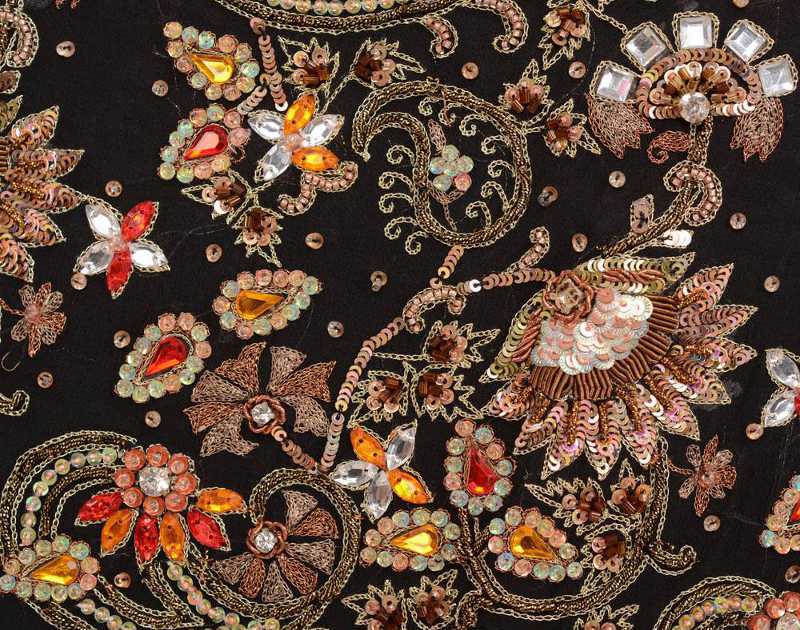===
0321,
9
===

=== |
 |
vahm : 'Thinking, imagining, conceiving (esp. a false idea); —opinion, conjecture; imagination, idea, fancy; —suspicion, doubt; scruple, caution; distrust, anxiety, apprehension, fear; —a superstition'. (Platts p.1205)
nāzuk : 'Thin, slender, slim, delicate, tender, fragile; fine; light; brittle; nice; neat; elegant; genteel; subtle; —facetious; gracious; keen; sensitive, touchy, testy'. (Platts p.1114)
girān : 'Heavy, weighty, ponderous; great, important, momentous; difficult; burdensome, grievous; —precious, valuable; dear, expensive'. (Platts p.901)
FWP:
SETS == EK
MOTIFS
NAMES
TERMS == MOODHere's a spectacular use of ek (shortened to ik for metrical reasons). What a variety of 'illusions' it evokes, as descriptions of the speaker's existence! Moreover, his existence is not only a vahm , it's also mauhūm , the Arabic past participle of vahm . So it's really not more than (and perhaps even less than) an 'illusory illusion'. What could be lighter, more insubstantial, than that?
And yet her temperament is so 'light' and delicate that the speaker is 'heavy' and burdensome upon it. She is fretful, captious, 'touchy, testy'. Even an 'illusory illusion' annoys her. It's like the princess and the pea. What can be done? The speaker might as well float away entirely into the nonexistence that his life already approximates.